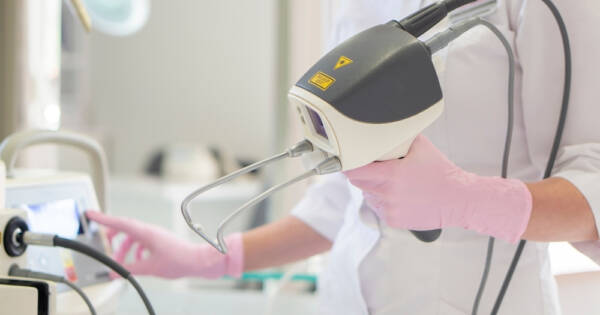Depression is one of the most prevalent mental health disorders worldwide, affecting millions of people each year. While traditional treatments like antidepressant medications and psychotherapy have helped many individuals, they are not effective for everyone. In recent years, clinical research has played a crucial role in transforming the way depression is understood and treated, leading to new therapies, more personalized treatment approaches, and better patient outcomes.
1. The Rise of Personalized Medicine
One of the most significant advancements in depression treatment is the shift toward personalized medicine. Through clinical research, scientists have discovered that depression is not a one-size-fits-all condition. Differences in brain chemistry, genetics, and individual responses to treatment mean that what works for one person may not work for another.
Clinical studies are helping to identify biomarkers—biological indicators that predict how a person will respond to a specific treatment. For example, researchers have found that people with certain genetic variations may respond better to SSRIs (Selective Serotonin Reuptake Inhibitors), while others may benefit more from alternative medications or therapies. These discoveries are leading to more targeted and effective treatments, reducing the trial-and-error process that many patients face.
2. Ketamine and Psychedelic Research
Another major breakthrough in depression treatment is the study of ketamine and psychedelic therapies. Research has shown that ketamine, originally used as an anesthetic, can provide rapid relief for individuals with severe depression, particularly those who do not respond to traditional antidepressants. Unlike conventional medications that can take weeks to work, ketamine has been shown to improve symptoms within hours, making it a promising option for treatment-resistant depression.
Similarly, psychedelic-assisted therapy using substances like psilocybin (magic mushrooms) and MDMA is gaining attention in clinical research. Studies suggest that these substances may help rewire neural pathways, improve emotional processing, and reduce depressive symptoms in ways that traditional therapies cannot. Although these treatments are still being studied and regulated, early results indicate that they could revolutionize mental health care.
3. Advancements in Brain Stimulation Therapies
Clinical research has also led to advancements in brain stimulation therapies for depression. Treatments like Transcranial Magnetic Stimulation (TMS) and Deep Brain Stimulation (DBS) are proving to be effective alternatives for individuals who do not respond to medication.
- TMS uses magnetic pulses to stimulate specific areas of the brain associated with mood regulation. It is a non-invasive, FDA-approved treatment that has shown promising results in reducing depressive symptoms.
- DBS, on the other hand, involves implanting electrodes in the brain to regulate abnormal neural activity. Though still in the experimental phase, clinical research is demonstrating its potential for severe and treatment-resistant depression.
4. The Role of Gut Health in Depression
Recent clinical research is exploring the connection between gut health and mental health, often referred to as the gut-brain axis. Scientists have discovered that the microbiome—the collection of bacteria in the digestive system—plays a critical role in brain function and mood regulation.
Studies suggest that an imbalance in gut bacteria may contribute to depression and anxiety. As a result, researchers are investigating the potential of probiotics, diet modifications, and microbiome-targeted therapies to improve mental health. This emerging field could lead to diet-based depression treatments that work alongside traditional therapies.
5. Digital Therapeutics and AI in Mental Health
Technology is also transforming depression treatment through digital therapeutics and artificial intelligence (AI). Clinical research is evaluating the effectiveness of:
- AI-driven mental health apps that provide personalized recommendations and cognitive behavioral therapy (CBT).
- Wearable devices that monitor physiological signs of depression, such as heart rate variability and sleep patterns.
- Telehealth and online therapy platforms that increase access to mental health care for individuals in remote or underserved areas.
These innovations are making depression treatment more accessible, data-driven, and tailored to individual needs.
A New Era in Depression Treatment
Clinical research is revolutionizing the way depression is treated, offering faster, more effective, and personalized solutions for those struggling with this complex condition. From ketamine and psychedelics to brain stimulation, gut health research, and digital therapies, scientific advancements are expanding the treatment landscape and providing hope for individuals who have not found relief through traditional methods.





